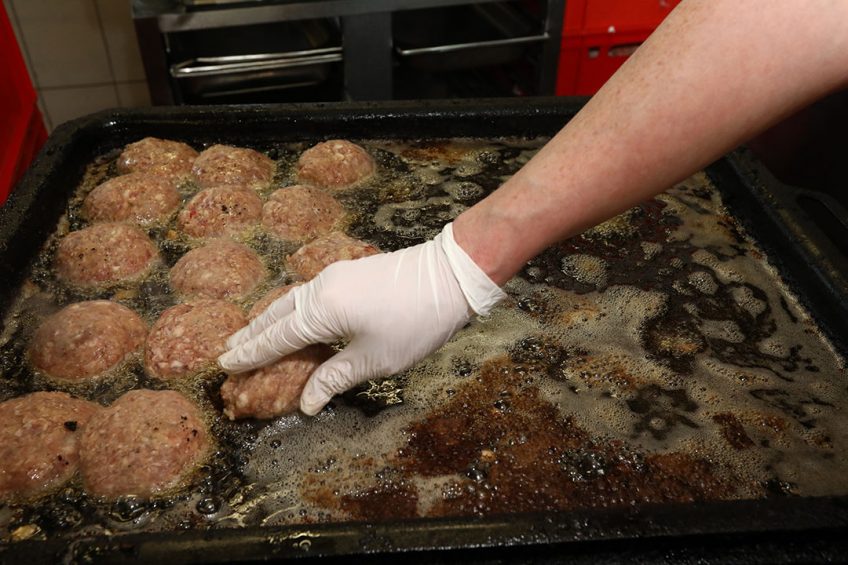Meat sector implicated by climate and alternative proteins

A new financial modelling on climate change has revealed that billions of dollars are at risk in the meat sector. Work carried out by the $?20 trillion investor network FAIRR looked at the “twin forces” of increasing climate costs and alternative protein growth will impact the profitability of meat companies in a 2C world.
The study looked at 5 major firms, which all produce substantial quantities of poultry products – Tyson Foods (US), Maple Leaf Foods (Canada) and JBS, BRF and Minerva (Brazil) – suppliers to global companies such as McDonalds and Walmart, as well as the wider animal protein sector.
Headline results showed that only 2 out of 43 companies studied (Tyson and Marfrig) had undertaken a climate “scenario analysis”, while alternative proteins will take at least 16% of the total meat market by 2050, potentially rising up to 62%.

There is a lot of attention for alternative proteins these days.
Poultry World editor, Fabian Brockotter explores…
The Coller FAIRR Climate Risk Tool provides investors with an online model to help quantify potential risks and opportunities for meat companies in a scenario of 2°C of global warming. It identifies 7 key risks that will impact the profitability of the meat sector in the IPCC’s scenario of a 2°C warmer world in 2050. Risks include:
- Increased cost of electricity due to carbon pricing
- Higher costs of feed due to poor crop yields
- Increased mortality due to heat stress
Jeremy Coller, FAIRR founder and chief investment officer at Coller Capital, said: “Climate change is real and so are its financial impacts. The cost of powering poultry sheds, of sourcing feed for livestock and veterinary care will all rise as global temperatures do.
“Investors can see the inescapable truth for the meat sector is that it must adapt to climate change or face ruin in the years ahead. Conversely, there is also an appetising prospect of enormous upside if the world’s meat companies shift their protein mix to align with a climate-friendly path.”
The Climate Risk Tool identifies 3 climate pathways for animal protein companies to take, which will define the extent of their opportunity or risk. A climate progressive pathway would see companies growing alternative proteins faster and shifting feed and livestock mix towards less climate-influence crops and species in 2050.
The report says that substituting beef for lower carbon-intensive species, such as poultry, was an option, but there are offsetting trade-offs, including higher electricity and energy costs and volatile feed costs. Pivoting towards alternative proteins is the most climate friendly strategy, it added.













